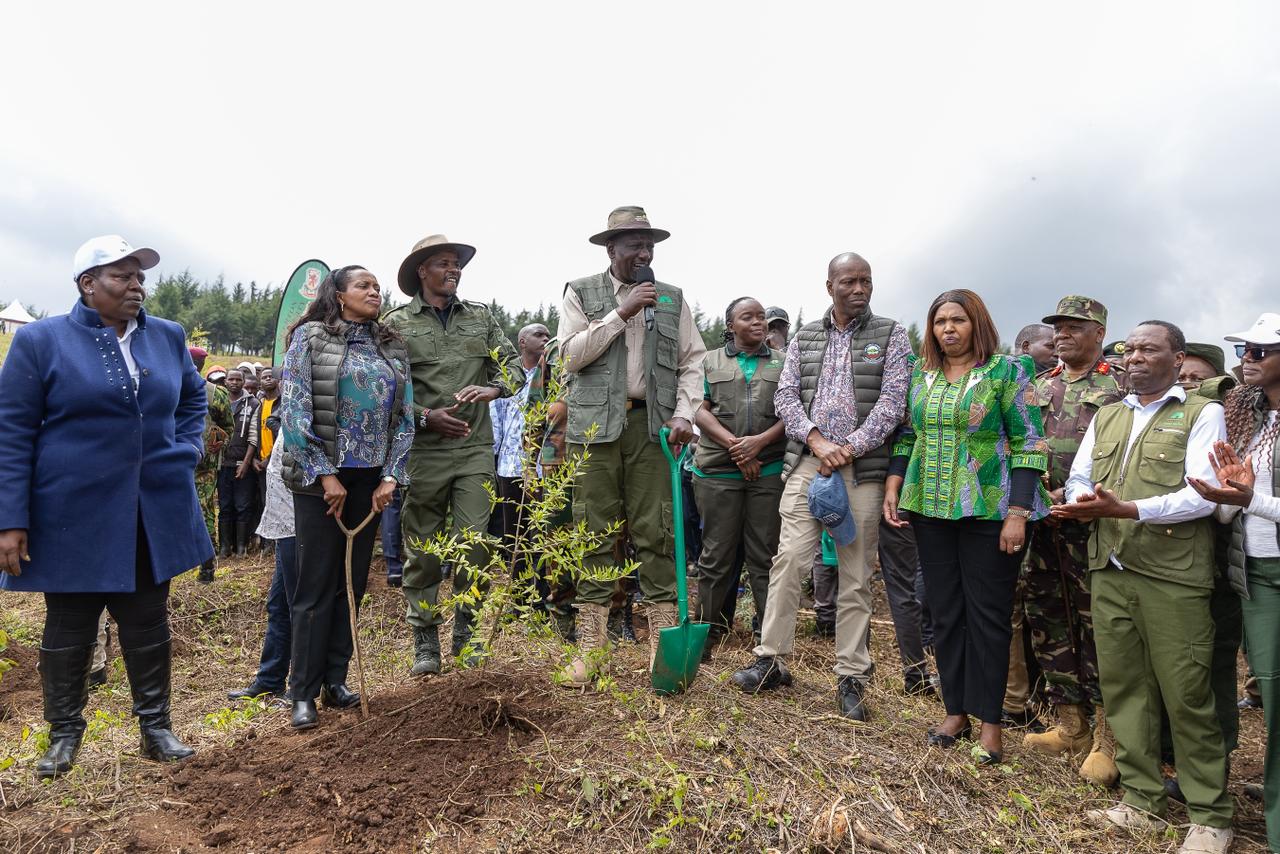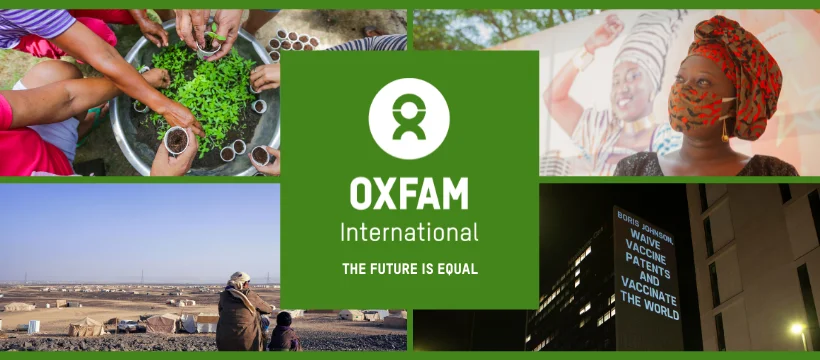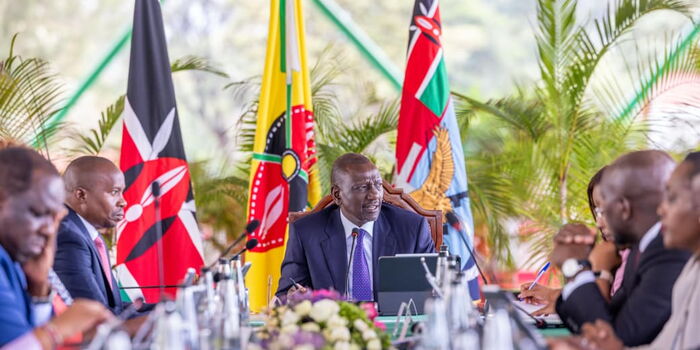In a sweeping policy reversal sure to spark controversy, President William Ruto has announced two major changes that intertwine Kenya’s industrial ambitions with its environmental trajectory: a total ban on furniture imports and the reopening of commercial logging in the Mau Forest Complex.
Import Ban: “Furniture Must Be Made in Kenya”
Speaking on Monday in the timber-town of Elburgon, Molo, President Ruto directed that all furniture used in Kenya from here on “will use timber made from here, and our Kenyan youth will create that furniture.”
He cited the country’s abundant raw materials and said the era of relying on imported furniture — particularly from China — was over. The directive tasks the Minister for Trade, Lee Kinyanjui, with preparing a strategy that will see local wood-processing factories ramping up production.
The ban is being pitched as a key component of the government’s manufacturing agenda, designed to create jobs, retain value-added production domestically, and reduce the outflow of foreign exchange.
Logging Reopened: What It Means for Mau
In the same address, President Ruto announced the reopening of timber harvesting in the Mau Forest Complex, signalling a sharp departure from past conservation policy. The government will begin selling mature trees from plantations and forests to local saw-millers.
Critically, the order stipulates that only mature trees will be felled. Ruto stated that the policy would allow the revival of a long-neglected factory in Elburgon and the wider saw-milling sector.
For the locally-dependent communities in the Rift Valley, this move has been welcomed as creating much-needed economic activity—from loggers to factory workers. But it immediately triggered alarm among environmentalists who warn that any loosening of logging controls in forest catchments like Mau may jeopardise vital water-tower functions and biodiversity.
Stakes Are High: Jobs, Industry and Ecosystems
The twin announcements form a pivot: from import-dependence to import-substitution, from conservation-only to resource-utilisation.
- Industrial angle: The government aims to build domestic furniture-manufacturing capacity, reduce import bills, and link agriculture/forestry value chains to industrial jobs.
- Regional economic angle: Reviving saw-milling in Mau and factory operations in Elburgon could inject jobs into counties long neglected in the industrialisation drive.
- Environmental risk: The Mau Forest Complex is one of Kenya’s key catchment zones feeding major rivers and supplying water for agriculture, hydro-power and urban use. Logging—even of mature trees—raises concerns about deforestation, erosion and habitat loss. Past reports have highlighted significant tree-cover losses in Kenya’s forests.
- Policy credibility: President Ruto launched an ambitious tree-planting target of 15 billion trees over 10 years. The logging reopening may test the coherence between economic policy and climate-commitments.
Immediate Implications and Watch-Points
- Local saw-millers and furniture manufacturers will act swiftly; tenders may open within a week for tree sales and factory revival.
- Trade and industry officials must craft rules for banning furniture imports — enforcement, tariffs, exemptions and timelines all need clarity.
- Environmental and legal watchdogs will scrutinise the logging rollout for adherence to licensing, replanting obligations and forest-management plans.
- Water-catchment managers and climate-policy actors will monitor Mau for sudden changes in tree cover, river flows and land use — any misstep could spark public backlash.
- Politically, this move offers President Ruto a narrative of job creation and industrial revival just as manufacturing-jobs and value-chains become central to his legacy ambitions.
President Ruto’s decision to ban furniture imports and reopen logging in the Mau Forest Complex marks a bold recalibration of Kenya’s economy and natural-resource policy. While the move may generate jobs and strengthen domestic manufacturing, it also carries significant environmental and governance risks. The success of these announcements will depend not just on factory gates and job numbers, but on how Zambia and Kenya manage delicate ecosystems and ensure that policy-shifts do not undermine sustainable growth.












Leave a Reply